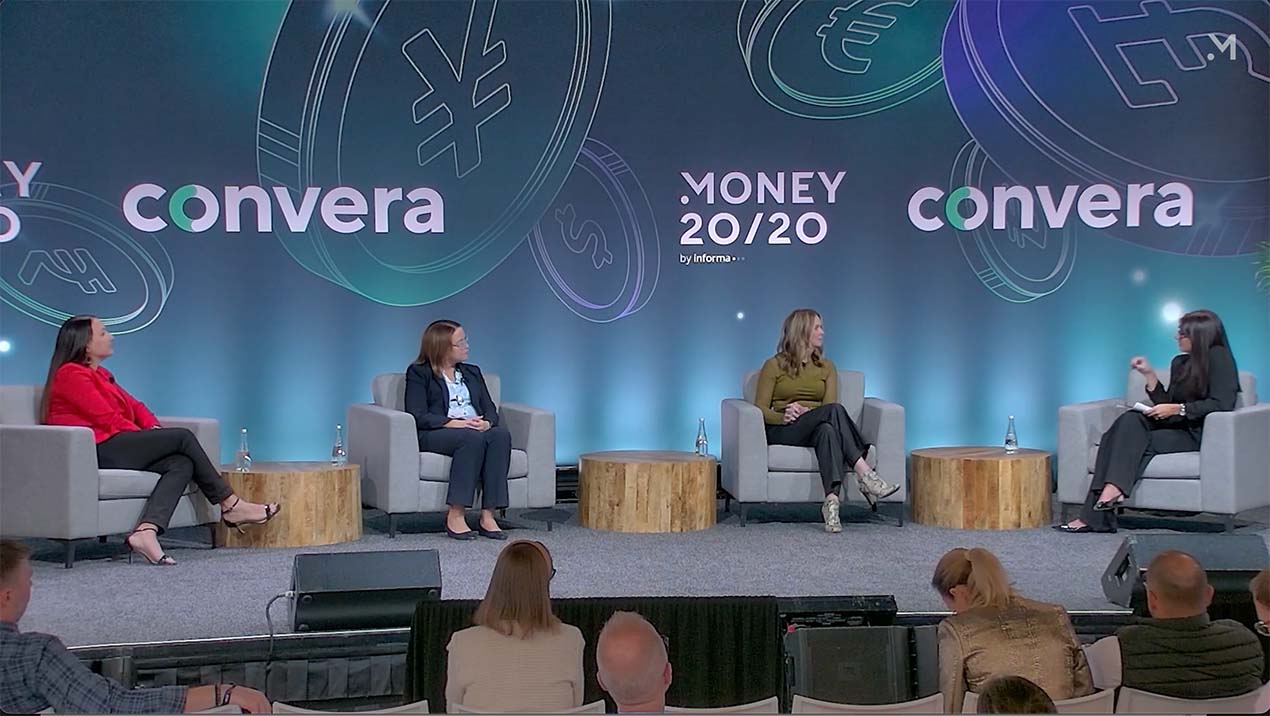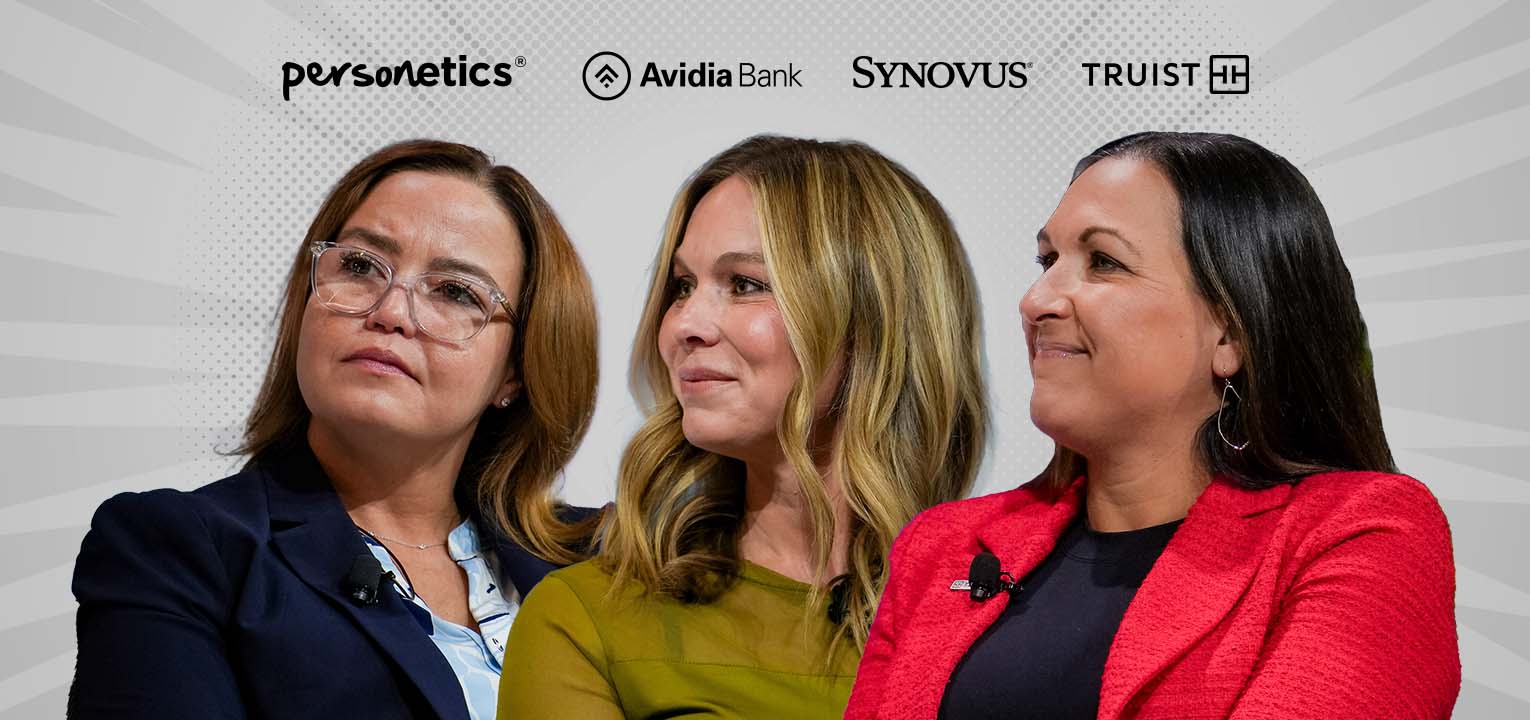June 14, 2023
How Open Banking Will Drive Business Impact Across APAC

The discussion around Open Banking and Open Finance is often focused on data aggregation and how customers can share their data with multiple financial services but there is also a compelling business case for financial institutions to adopt Open Banking and Open Finance.
Open Banking can help financial institutions see a holistic view of their customers’ financial lives, offer relevant products and personalized advice, competitive offers and transform the banking business model from data aggregators to a holistic “trusted advisor.”
But along with those high-level strategic impacts on the business, financial institutions have additional opportunities to drive business impact with Open Banking.
Let’s take a closer look at how the emerging capabilities of Open Banking can unlock value for your institution.
Data Enrichment for Open Banking Data
Open banking continues to make great strides globally and is expected to grow at a yearly rate of nearly 50%. Open Banking makes data enrichment more important than ever. With Open Banking, financial institutions need to be able to cleanse, categorize, and enrich financial data from all types of sources, not just their own institution’s financial data.
Data enrichment needs to serve as the data foundation for your institution’s Open Banking strategies.
With AI-based and machine learning models and local merchant catalogs, your institution can achieve a higher level of accuracy by really understanding your customer’s transaction data, with consistent categorization.
If a financial institution gets access to all the customer’s data from multiple external data sources, it can create a complete holistic view of the customer’s financial life. Data enrichment is the data foundation for your bank. If you can clean and categorize the customer transaction data, you can get a clearer view of your customer’s finances – understanding which transactions are for which categories, identify customer income sources, customer total assets and liabilities and to build a full financial map for the customer.
Having a strong data foundation makes it possible to build all the other capabilities for Open Banking at your institution.
Personalized Insights with Open Banking
Once the data foundation is in place, with cleansed, categorized, enriched customer transaction data, the next stage of Open Banking is to provide hyper-personalized insights and product based advice across a customer’s entire financial life.
Personetics offers 300+ out-of-the-box hyper-personalized insights and advice that can support the Open Banking customer experience in several ways, such as:
- Subscription management – spotting duplicate subscriptions across multiple financial accounts.
- Optimizing cash flow – see upcoming deposit activity and payment due dates across the customer’s entire financial life, including all external accounts and cards.
- Providing notifications and reminders – such as payment notifications for external accounts.
- Carbon emissions – track the carbon footprint of every customer transaction, and offer them relevant action steps to reduce their carbon footprint with greener spending and climate-friendly financial goals.
- Competing Alternatives – providing products with a competitive offer to what the customer is getting from another financial institution.
For example, if you’re a small bank in Australia, and a customer is linking their bank account, your small bank can recognize opportunities to offer lending to that customer based on seeing their external account data.
How can financial institutions measure the success of their Open Banking strategies? Here are a few ways that FIs can achieve measurable ROI from Open Banking capabilities.
- Issue more Loans
- Build Savings from External Accounts
- Increase Investment Account/Superannuation Funding
Let’s take a closer look at each of these opportunities.
Business Impact with Open Banking: Loans
Personetics offers support for loan underwriting that can unlock new opportunities with Open Banking.
Example: a customer wants to apply for a consumer loan. If this person applies for a loan with a bank where they already have a checking account, that bank can evaluate the loan decision based on the customer’s own deposit history – paychecks, balances, and spending patterns.
However, if a customer goes to a different bank that does not already have their customer history, this external bank might ask for multiple months of paycheck deposit slips, multiple months of bank statements, and other details. The loan application process is often time-consuming and manual and paper-based; it might take 2 or 3 days to review the application and decide whether to approve the loan.
One big impact of Open Banking: if you go to a bank and apply for a loan, even if you do not already have a banking history with that bank, the bank can ask for one-time consent to log in to the customer’s bank account, access the customer’s banking data, look at the customer’s credit score, and make an immediate credit decision and the loan offer.
Open Banking is changing the process for loan underwriting, moving away from manual processes and manual decision-making, and making the entire experience faster and frictionless for customers. Open Banking can also provide lending support indicators, such as payment history, liabilities, spending patterns, and more, making it possible to decide whether a customer is eligible for a loan.
In the future of Open Banking, customers will be able to apply for loans online with one-time consent to share their financial data and get approved for lending on the spot – even with an external bank account.
Open Banking is also making it possible for a wider range of customers to apply for loans with alternate data sources, beyond conventional credit scores. This can make it possible for underserved or underbanked customers, or customers with limited credit history, to show creditworthiness – based on income, cash flow, payment history, and other banking data.
Build Savings from External Accounts
When customers have the power to link their external bank accounts to their primary banking relationship, Open Banking, and Open Finance give the customer the ability to build savings from external accounts.
For example, the Ally Bank (U.S.) “Surprise Savings” automated savings program makes it easy to link external checking accounts and move money to savings. Over 30% of savings directed to the Ally Surprise Savings program come from external accounts.
Personetics offers automated, self-adjustable savings programs that give financial institutions the power to help their customers save money automatically, based on available spare cash with intelligent transfers throughout the month. With Open Banking, it’s becoming easier for customers to fund these savings programs with external bank accounts. Customers can fund their financial wellness from any account, and the financial institution that can offer these automated programs can achieve a meaningful ROI.
Wealth Management: Increase Investment Account Funding
Another key business use case for Open Banking is in wealth management. One of the biggest challenges for financial advisors and wealth managers is that they cannot always see the full picture of their client’s finances. Customers often have multiple holdings and multiple portfolios, and not all the money might be managed correctly or allocated to the right assets. Other people might have more spare cash that they can invest in, but their financial advisors don’t know that the cash is available.
Open Banking can also help wealth management teams and superannuation programs to link external bank accounts, to give financial advisors a full view of the client’s financial life. This helps wealth managers deliver personalized advice at scale. When a wealth management team (with the client’s permission) can connect to the client’s banking data, they can see changes in the client’s financial life, they can see pay raises and financial windfalls, can remind clients to maximize their tax-advantaged investment account contributions and update the client’s investment strategy for changing life events and shifting risk profiles.
Credit Cards: Offer Competitive Cards
Open Banking also creates new opportunities for card issuers to provide merchant-funded offers and compete on loans and their cards’ usage against others. The same for buy noy pay later (BNPL) and point of sales loans or installments. When customers can link their external card accounts, their financial institution can realize opportunities to offer the customers a higher-value card with better rewards and benefits. This is another example of how Open Banking can maximize value for customers while driving business impact for financial institutions.
Small Business and SME Banking: Visualize the Business’s Financial Performance
Small-to-medium-sized businesses (SMBs / SMEs) have often been underserved by traditional banking services. Open Banking is making it possible for financial institutions to provide bigger benefits to these small business clients.
By connecting their external data from accounting systems, Open Banking enables SMB bankers to visualize the complete and holistic cash flow and financial performance of SMB clients. There are many opportunities to understand the SMB owner’s business cash flow, and business performance, and offer personalized insights and advice to help that business succeed and grow. Personetics offers insights for SMB banking such as anticipating tax payments, offering a line of credit, managing cash flow shortages, and more.
Open banking helps SMB banking teams become business partners to their SMB customers.
Open Banking is not just about data sharing, it’s about a new model of financial services. In the world of Open Banking, financial institutions can become trusted advisors to their customers, by recognizing opportunities to engage, supporting customers with higher-value products, by seeing a full picture of the customer’s financial life to guide the customer to a higher level of financial wellness. Whether it’s consumer banking, SMB banking, credit cards, or wealth management, Personetics offers a full suite of solutions to help your institution maximize the emerging opportunities of Open Banking and Open Finance.
Ready to discuss your institution’s Open Banking journey? Contact Personetics today.
Want To See How Cognitive Banking and AI Can Transform Customer Engagement?
Request a Demo Now
Latest Posts

Meet Personetics at North America Banking & Fintech Events in 2026

Meet Personetics at LATAM Banking & Fintech Events in 2026

Meet Personetics at APAC Banking & Fintech Events in 2026

How to Monetize AI While Building Trust

Cognitive Banking, Primacy, and the New AI Playbook for Banks: Insights from Money 20/20

How to Prevent Churn & Grow Wallet Share: Bank Primacy Playbook

Dorel Blitz
VP Strategy & Business Development
Dorel Blitz brings over 13 years of experience in global strategy and business development in the financial services industry. Dorel joins Personetics from KPMG, where he headed the Fintech sector at KPMG Israel and a member of the global Fintech practice. In this role, Dorel was instrumental in establishing KPMG’s collaborative relationships with global financial institutions and leading Fintech companies including Personetics. He also acted as a subject matter expert and led advisory projects involving digital transformation strategies with financial services organizations. Prior to joining KPMG, Dorel led the Innovation & Fintech practice at Bank Leumi, and earlier in his career he headed the banking & finance division at global research firm Adkit.









